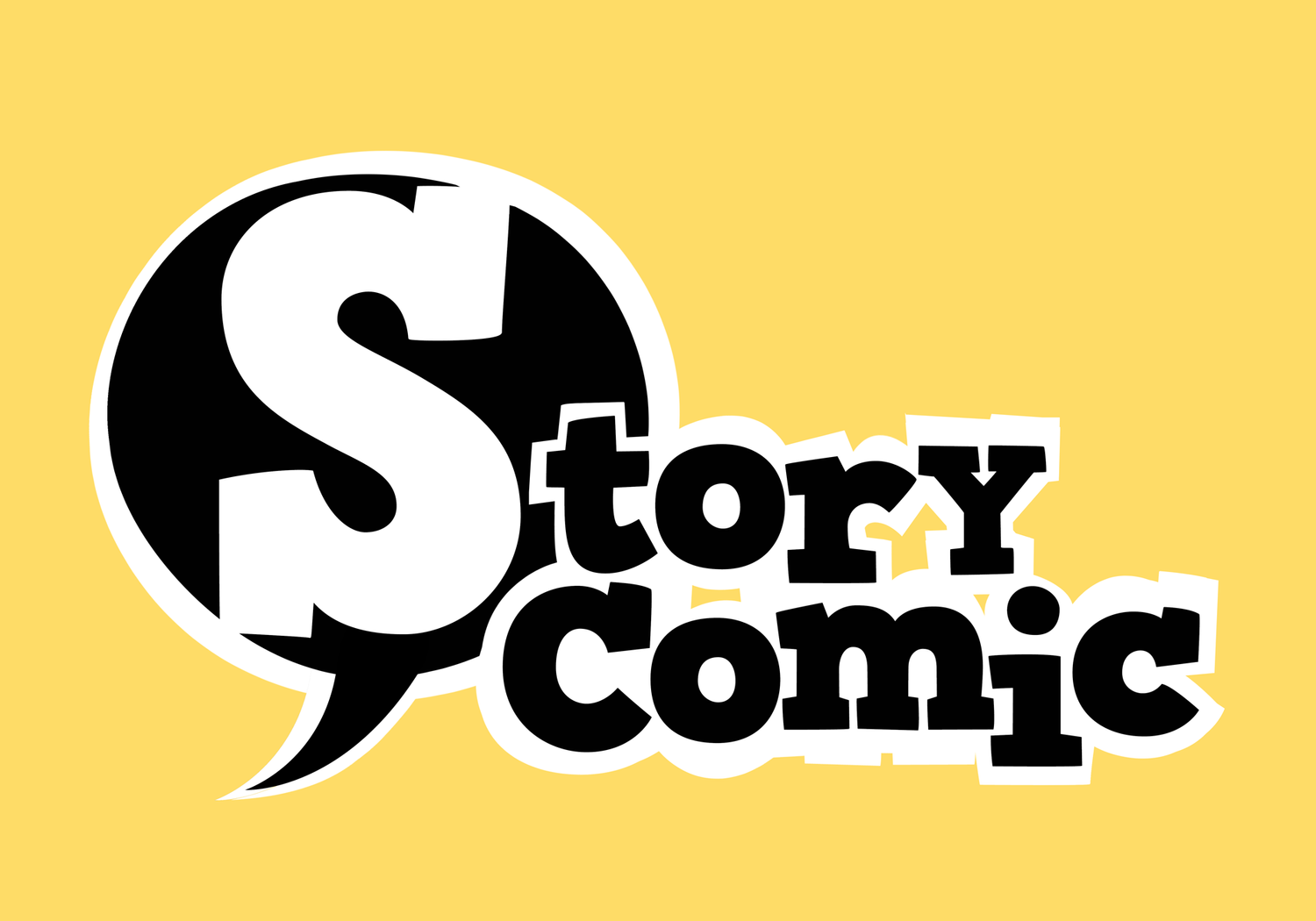Netflix Has Nothing To Worry About With Disney+
As Mark Twain once said, “The rumors of my death have been greatly exaggerated.”
Netflix isn’t going anywhere.
With the launch of Disney Plus on November 12th, 2019, folks have been early in declaring that it is going to have a huge impact on Netflix. It hasn’t and it probably never will.
There are a few reasons for this.
Primary Streaming vs Secondary Streaming Services
Netflix is a primary streaming service. This means Netflix has the capacity to set up and establish long term relationships with other studios and companies; giving them a massive and robust catalog; along with their own produced movies and shows. The streaming platform is also its primary income.
Disney+ is now probably the most popular secondary streaming service. A secondary streaming service is described as a company that streams its own IPs and the streaming platform is a secondary source of revenue; allowing it to charge a lower subscriber fee.
Much like other secondary streaming services, Disney+ caters only to a niche audience. Granted, it’s a pretty big niche. Those that subscribe to CBS All Access mostly do it for Star Trek, Those that will subscribe to Disney+ will be the loyal MCU, Star Wars, and Disney Studio fans.
Primary vs Secondary Streaming Services
The other reason Netflix does not have to worry about the House of Mouse is PG-13.
Disney prides itself on its family values, and there is nothing within the 157 shows and 611 movies in their catalog at launch that is rated ‘R’. Keep in mind, Disney does own Hulu now, and they could be putting some of their Fox movies and other adult-themed features on that streaming service. It is not a move new to Disney. Back in 1984, they created Touchstone Pictures in order for them to diversify their film portfolios.
Next Steps?
Ultimately, if Disney is smart, they will do more with the Hulu platform; as that is a primary streaming service. That would be their best method of taking away any subscriber numbers to Netflix.
Netflix could, in turn, do more by reaching out to some larger film studios that are not already swallowed by large companies; Universal or Sony. Another option is to align with a large tech company (Google or Facebook) and create a proprietary media relationship.



